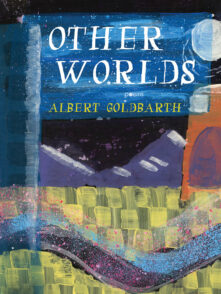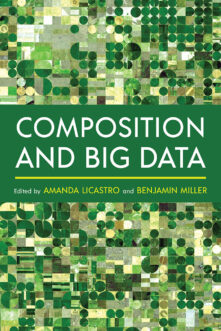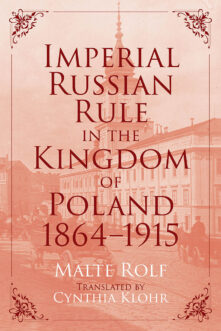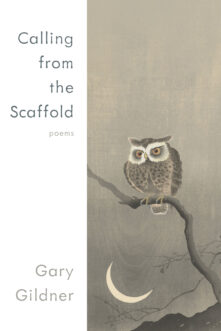Books
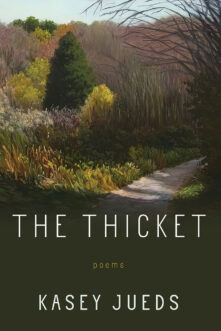
The Thicket
Poems
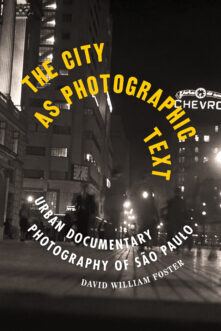
The City as Photographic Text
Urban Documentary Photography of São Paulo
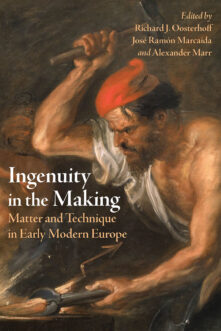
Ingenuity in the Making
Matter and Technique in Early Modern Europe
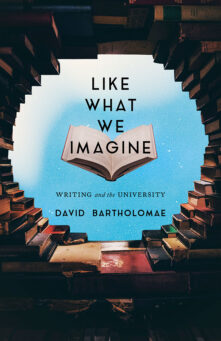
Like What We Imagine
Writing and the University
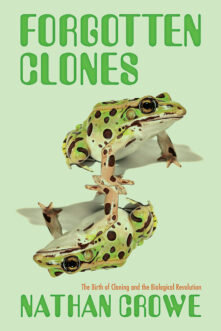
Forgotten Clones
The Birth of Cloning and the Biological Revolution
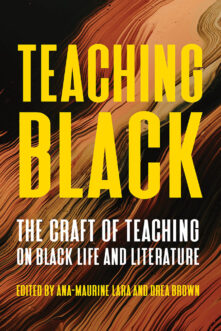
Teaching Black
The Craft of Teaching on Black Life and Literature
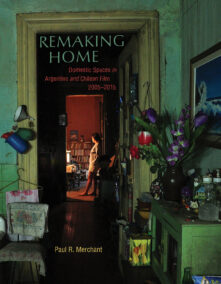
Remaking Home
Domestic Spaces in Argentine and Chilean Film, 2005-2015
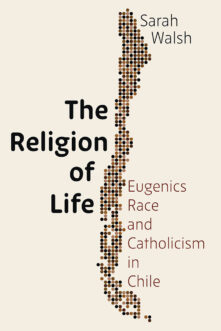
The Religion of Life
Eugenics, Race, and Catholicism in Chile
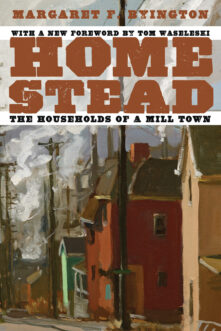
Homestead
The Households of a Mill Town
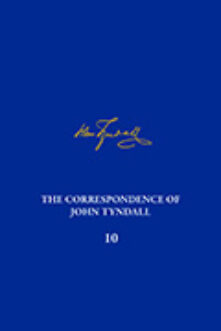
The Correspondence of John Tyndall, Volume 10
The Correspondence, January 1867–December 1868
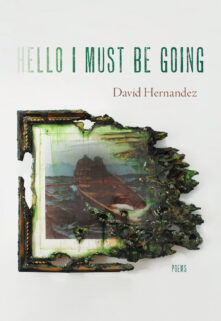
Hello I Must Be Going
Poems
Total 1559 results found.


